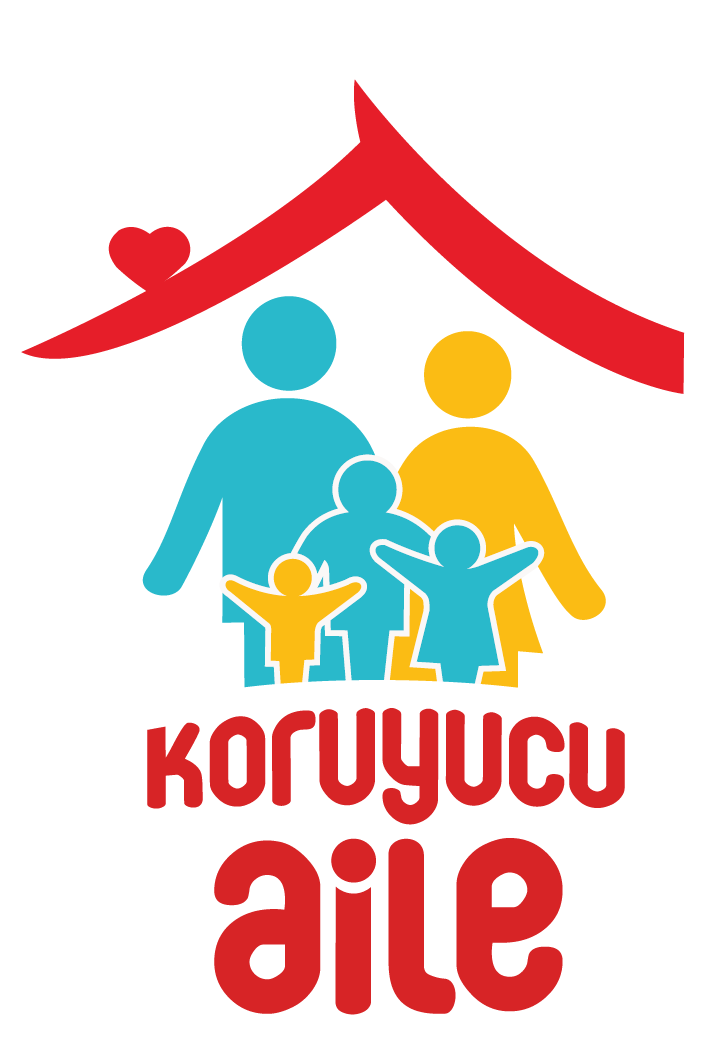Derya Yanık, Minister of Family and Social Services, talked about Türkiye's work towards the ageing population in the national statement she presented at the meeting held within the scope of the UNECE Ministerial Conference on Ageing in Rome. She said: “In the last 20 years, awareness of barrier-free design and age-friendly environment has increased.”
Derya Yanık, Minister of Family and Social Services, participated in the launch of the UNECE Synthesis Report on the implementation of the MIPAA+20 Report and the Madrid International Plan of Action on Ageing in the UNECE Region within the context of the UNECE Ministerial Conference on Ageing held in Rome, Italy.
Minister Yanık, in the national statement, stated that the proportion of the older population in Türkiye, which was 8.3 percent in 2016 (6 million 651 thousand 503), increased to 9.7 percent (8 million 245 thousand 124) in 2021, and that the number of older individuals in the last 5 years increased by 24 per cent. Pointing out that Türkiye is among the fastest ageing countries, Minister Yanık said: "This demographic transition process we have experienced has led us to plan an inclusive and holistic policy framework on ageing in general terms."
Noting that ageing has been considered as a social policy area in Türkiye since 2002, Minister Yanık said that as a result of the rapid ageing of the population, the need to diversify social services and long-term care models has arisen, and this situation requires a joint and coordinated cooperation of all stakeholders regarding ageing at the national level.
Explaining the works carried out in the last 5 years in Türkiye on this issue, Minister Yanık noted that social service models for older persons have been diversified and expanded to meet both personal and regional needs.
Stating that the number of qualified personnel and the quality of these personnel have been increased, Minister Yanık emphasized that quality standards of care services have been developed in order to increase the quality of long-term care systems.
Minister Yanık stated that the curricula of disciplines such as social services, geriatrics and gerontology were organized in order to train qualified personnel in the field, and that research and studies in the field of ageing and the opening of ageing research and application centres in universities were supported.
“The projects are supported by the state”
Stating that voluntary activities and projects are supported to strengthen intergenerational solidarity, Minister Yanık continued as follows:
“Projects of stakeholders, including central government, municipalities, universities and civil society organizations, were supported by the state in order to promote the implementation of policies developed for older individuals. In this context, projects of municipalities regarding home care and day care services have been supported since 2016. In addition, the Project for the Improvement of Day and Home Care Services for Older Persons (YAGEP), which aims to provide home care and day care services for older persons in the most vulnerable parts of the society, and the Project for Increasing Access to Social Services for Turkish Citizens in the Most Vulnerable Group and Persons Under Temporary Protection and International Protection (FRIT- II) have been developed.
“Awareness of barrier-free design and age-friendly environment has increased”
Emphasizing that practices aimed at creating “age-friendly” living spaces in Türkiye are gaining momentum, Minister Yanık noted that one of them is “accessibility”. Minister Yanık said, “In the last 20 years, awareness of barrier-free design and age-friendly environment has increased. Especially in the last 5 years, national high-level policy documents on transportation, housing, environment, urbanization, information and communication technologies are also discussed in the context of old age. Free or discounted transportation services are offered to ensure the active participation of older persons in social life. In order to increase participation in social and cultural activities, various free and discounted options other than transportation are also offered to older persons.”
Emphasizing that all services for older persons are developed with the perspective of active and healthy ageing, taking into account international and regional developments along with the rapidly ageing demographic structure of the population, Minister Yanık said:
“In this context, we follow the policies and services of countries whose population has entered the demographic ageing process before us. We examine examples of good practice and experience from these countries in the field of ageing. Policy documents such as the 1st Council on Ageing Final Declaration and Active Ageing Strategy Document have been published in order to revise the policies for older persons and to develop new policies.
In addition to all this, we attach great importance to international and regional cooperation in the field of ageing, and we find the studies carried out valuable. We would like to express our willingness to continue our active participation in the Open-Ended Working Group on Ageing and to exchange views on ways to make tangible progress in the realization of the human rights of older persons and a legally binding document in the field of ageing.”
Within the scope of her contacts on the first day of the conference, Minister Yanık also held a bilateral meeting with Milos Lucic, Minister of Human Rights and Refugees of Bosnia and Herzegovina.










